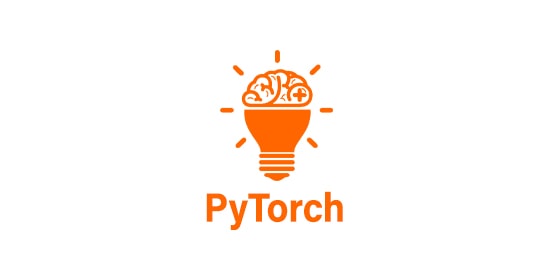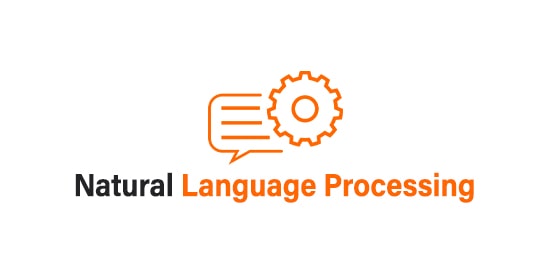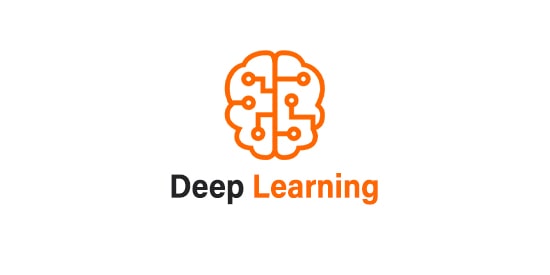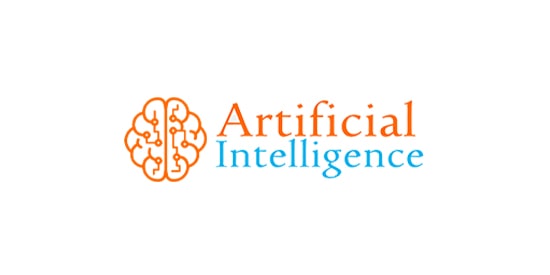machine learning certification
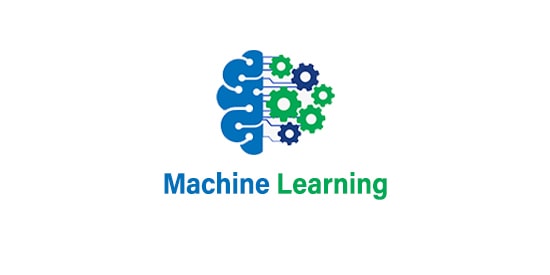
Machine Learning Online Course
Machine learning helps in establishing communication between computers without explicit programming. In the last decade, machine learning has led to self-driving cars, practical speech recognition, efficient Internet search, and a much better understanding of the human genome. This course provides an overview of machine learning, computation, and statistical pattern recognition.
Course Overview
This machine learning course provides a comprehensive overview of machine learning topics, including working with real-time data, creating algorithms using supervised and unsupervised learning, regression, classification, and time series modeling. In this machine learning certification course, you will learn how to use Python to predict data.
The Machine Learning course curriculum has been designed by our expert trainers. Besides this, you will also get a Machine Learning tutorial. This is a Machine Learning for beginners course but experienced people can also do it as basic and advanced topics are included in the course. The concept of artificial intelligence and Machine Learning is also included in the course.
Machine Learning Certification Key features
- Learn the concept of data science and Machine Learning
- Know the details of Microsoft Machine Learning
- Online Machine Learning will provide you with a certificate after completing the course.
- Learn the usage of Machine Learning language
- The concept of Machine Learning GitHub is also included in the course
- Get the support 24/7
Who should take Online Machine Learning Course?
Candidates having experience in Python and data analysis and are looking for a certification in machine learning to complement your skills in practical Python machine learning applications can pursue Machine Learning deep learning course.
Top Hiring Company

Industry Trends

Course curriculum / Syllabus
- Course Introduction
- Accessing Practice Lab
- Learning Objectives
- Emergence of Artificial Intelligence
- Artificial Intelligence in Practice
- Sci-Fi Movies using AI concept
- Recommender Systems
- Machine Learning, Artificial Intelligence, and Data Science
- Definition and Features of Machine Learning
- Machine Learning Approaches
- Machine Learning Techniques
- Applications of Machine Learning
- Learning Objectives
- Data Exploration Loading Files
- Data Exploration Techniques
- Seaborn
- Data Wrangling
- Missing Values in a Dataset
- Outlier Values in a Dataset
- Data Manipulation
- Functionalities of Data Object in Python
- Different Types of Joins
- Typecasting
- Learning Objectives
- Supervised Learning
- Supervised Learning- Real-Life Scenario
- Understanding the Algorithm
- Supervised Learning Flow
- Types of Supervised Learning
- Types of Classification Algorithms
- Types of Regression Algorithms
- Regression Use Case
- Accuracy Metrics
- Cost Function
- Evaluating Coefficients
- Challenges in Prediction
- Logistic Regression
- Sigmoid Probability
- Accuracy Matrix
- Learning Objectives
- Feature Selection
- Regression
- Factor Analysis
- Factor Analysis Process
- Principal Component Analysis (PCA)
- First Principal Component
- Eigenvalues and PCA
- Linear Discriminant Analysis
- Maximum Separable Line
- Find Maximum Separable Line
- Learning Objectives
- Overview of Classification
- Classification: A Supervised Learning Algorithm
- Use Cases of Classification
- Classification Algorithms
- Decision Tree Classifier
- Decision Tree Examples
- Decision Tree Formation
- Choosing the Classifier
- Overfitting of Decision Trees
- Random Forest Classifier- Bagging and Bootstrapping
- Decision Tree and Random Forest Classifier
- Performance Measures: Confusion Matrix
- Performance Measures: Cost Matrix
- Naive Bayes Classifier
- Steps to Calculate Posterior Probability
- Support Vector Machines : Linear Separability
- Support Vector Machines : Classification Margin
- Linear SVM : Mathematical Representation
- Non-linear SVMs
- The Kernel Trick
- Learning Objectives
- Overview
- Example and Applications of Unsupervised Learning
- Clustering
- Hierarchical Clustering
- Hierarchical Clustering Example
- K-means Clustering
- Optimal Number of Clusters
- Learning Objectives
- Overview of Time Series Modeling
- Time Series Pattern Types
- White Noise
- Stationarity
- Removal of Non-Stationarity
- Time Series Models
- Steps in Time Series Forecasting
- Ensemble Learning
- Overview
- Ensemble Learning Methods
- Working of AdaBoost
- AdaBoost Algorithm and Flowchart
- Gradient Boosting
- XGBoost
- XGBoost Parameters
- Model Selection
- Common Splitting Strategies
- Learning Objectives
- Introduction
- Purposes of Recommender Systems
- Paradigms of Recommender Systems
- Collaborative Filtering
- Association Rule Mining
- Association Rule Mining: Market Basket Analysis
- Association Rule Generation: Apriori Algorithm
- Apriori Algorithm Example
- Apriori Algorithm: Rule Selection
- Learning Objectives
- Overview of Text Mining
- Significance of Text Mining
- Applications of Text Mining
- Natural Language ToolKit Library
- Text Extraction and Preprocessing: Tokenization
- Text Extraction and Preprocessing: N-grams
- Text Extraction and Preprocessing: Stop Word Removal
- Text Extraction and Preprocessing: Stemming
- Text Extraction and Preprocessing: Lemmatization
- Text Extraction and Preprocessing: POS Tagging
- Text Extraction and Preprocessing: Named Entity Recognition
- NLP Process Workflow
- Wiki Corpus
- Structuring Sentences: Syntax
- Rendering Syntax Trees
- Structuring Sentences: Chunking and Chunk Parsing
- NP and VP Chunk and Parser
- Structuring Sentences: Chinking
- Context-Free Grammar (CFG)
machine learning certification FAQ’s:
Machine learning is a technology which will help the professionals in implementing artificial intelligence. The technology will help the machines to communicate with others and there will be no human intervention. The course will help you in taking decisions regarding the growth of an organization.
Yes! Candidates should have basic knowledge of coding done in R programming, Python, Java, etc.
Yes! Beginners can do the course provided that they have some basic knowledge of machine learning.
You will be given a test similar to the real exam. The test will include the types of questions which you will have to face in the real exam.
Yes! We will provide the facility of mock interview.
Enquire Now
Why QTS INFO
Best Virtual training classrooms for IT aspirants
Real time curriculum with job oriented training.
Around the clock assistance
We are eager to solve your queries 24*7 with help of our expert faculty.
Flexible Timings
Choose your schedule as per your convenience. No need to delay your work
Mock projects
Real world project samples for practical sessions

